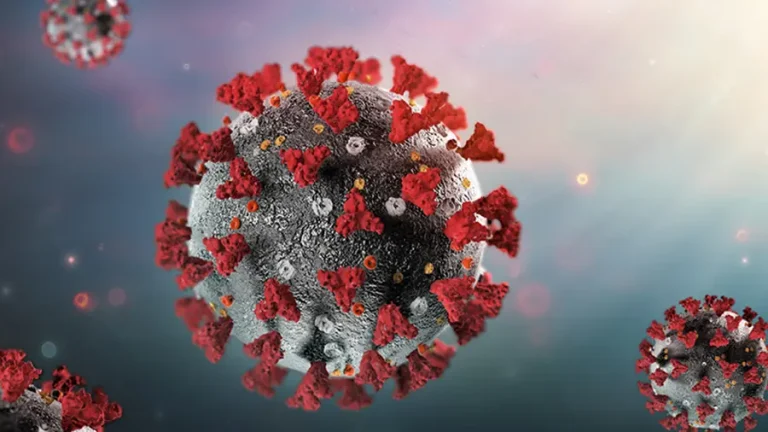A number of challenging ethical issues are raised by a potential influenza pandemic. Ethical concerns associated with the planning, preparedness and responses to future pandemics are important to consider, ensuring that response efforts are not hindered in the event of a pandemic.
Ethical considerations in developing a public health response to pandemic influenza
In 2006, WHO published comprehensive, practical guidance for Member States entitled “Ethical considerations in developing a public health response to pandemic influenza”. This provided suggestions on how Member States could incorporate ethical considerations, as well as the related human rights and legal concerns, into their plans, preparation and response to a potential influenza pandemic.
Research Ethics in International Epidemic Response
In 2009, in response to a request for additional guidance, WHO’s Global Influenza Programme and the Ethics and Health team jointly convened a technical consultation on “Research Ethics in International Epidemic Response.” This meeting brought together experts of international organizations, government agencies and ministries, professional medical associations, academic and research institutions, as well as WHO staff from various levels of the Organization. This consultation resulted in practical guidance to public health practitioners and researchers in the field.
Ethical and legal considerations in mitigating pandemic disease: workshop summary
Board on Global Health – Institute of Medicine – US National Academies Press, 2007
In order to focus on the profound ethical and legal issues inherent in various pandemic disease mitigation approaches that are being proposed domestically and internationally, the Institute of Medicine’s Forum on Microbial Threats convened a public workshop and released the workshop summary entitled Ethical and Legal Considerations in Mitigating Pandemic Disease.
The workshop explored lessons learned from past pandemics, identified barriers to equitable and effective responses to future pandemics, and examined opportunities to overcome these obstacles through research, policy, legislation, communication, and community engagement.
ASTHO (US): At-risk populations and pandemic influenza
Some individuals are at increased risk of suffering severe consequences during an influenza pandemic and may need special assistance to maintain basic medical care, as well as access to food and shelter. This project developed guidance for state, territorial, tribal and local health departments on planning for at-risk populations and pandemic influenza. The guidance and supporting materials were released in 2008.
New Zealand National Ethics Advisory Committee
The National Ethics Advisory Committee – Kāhui Matatika o te Motu (NEAC) has completed its work on ethical values for a pandemic. One of NEAC’s main statutory functions is to advise the Minister of Health on ethical issues of national significance regarding health and disability. NEAC believes that minimizing harm from any pandemic, minimizing inequalities in the impact of any pandemic, and getting through any pandemic together are issues of this sort. Getting through Together considers ethical issues in a pandemic.
United States Centers for Disease Control and Prevention
As part of its planning for a possible outbreak of pandemic influenza, the United States Centers for Disease Control and Prevention (CDC) worked with its Ethics Subcommittee of the Advisory Committee to the Director, to identify ethical considerations relevant to public health decision-making during planning for and responding to pandemic influenza.
CDC requested that the Ethics Subcommittee provide input on ethical considerations in vaccine and anti-viral drug distribution prioritization and in the development of interventions that would limit individual freedom and create social distancing. The resulting document, Ethical Guidelines in Pandemic Influenza, provides guidance that the Ethics Subcommittee proposes serve as a foundation for ethical decision-making for pandemic influenza.
Citizen voices on pandemic flu choices
A report of the Public Engagement Pilot Project on Pandemic Influenza, which describes the convening of a representative group of stakeholders and citizens-at-large, the structure and process of stakeholder and citizen dialogues and deliberations, and the decisions made and recommendations.








